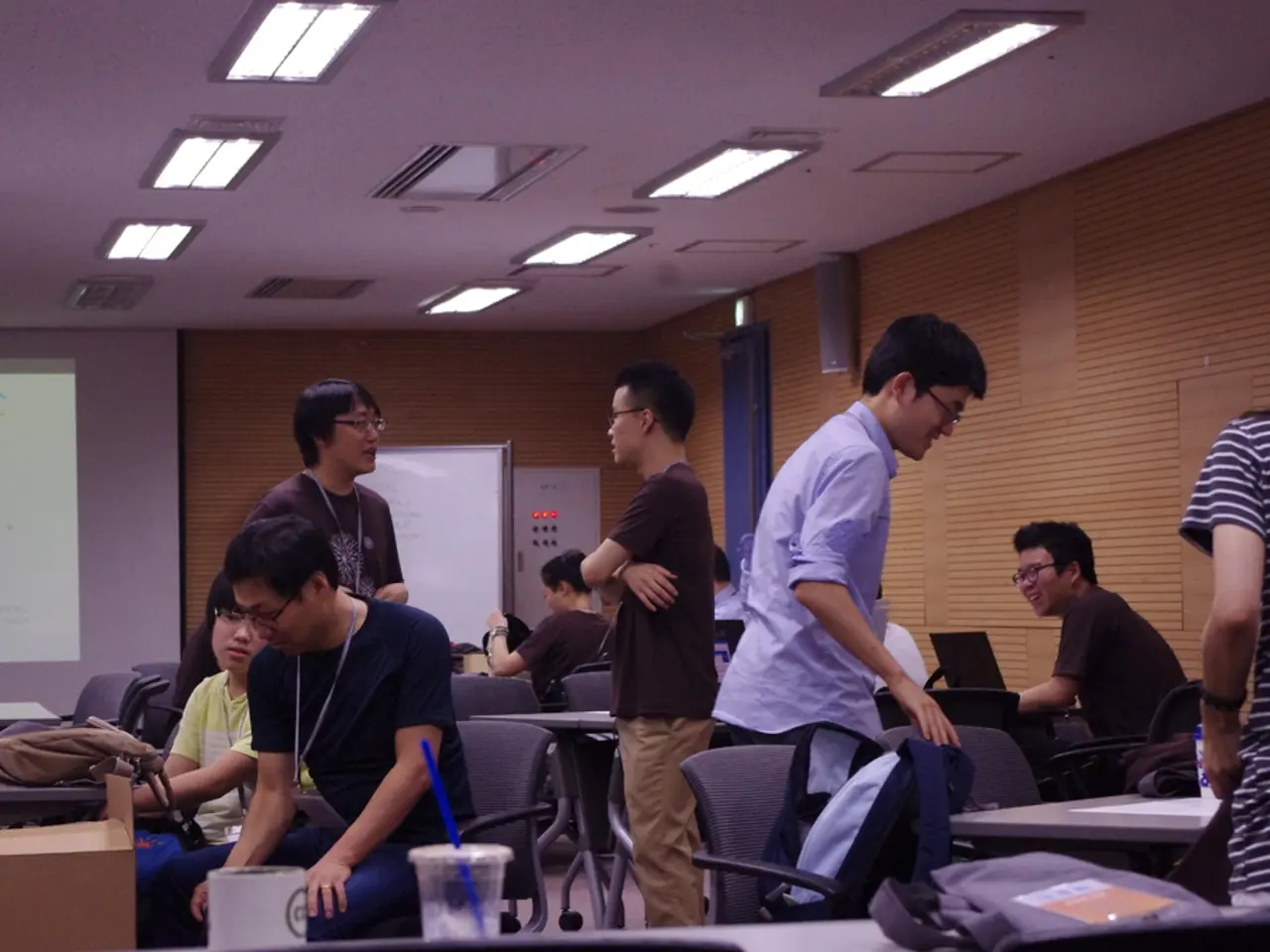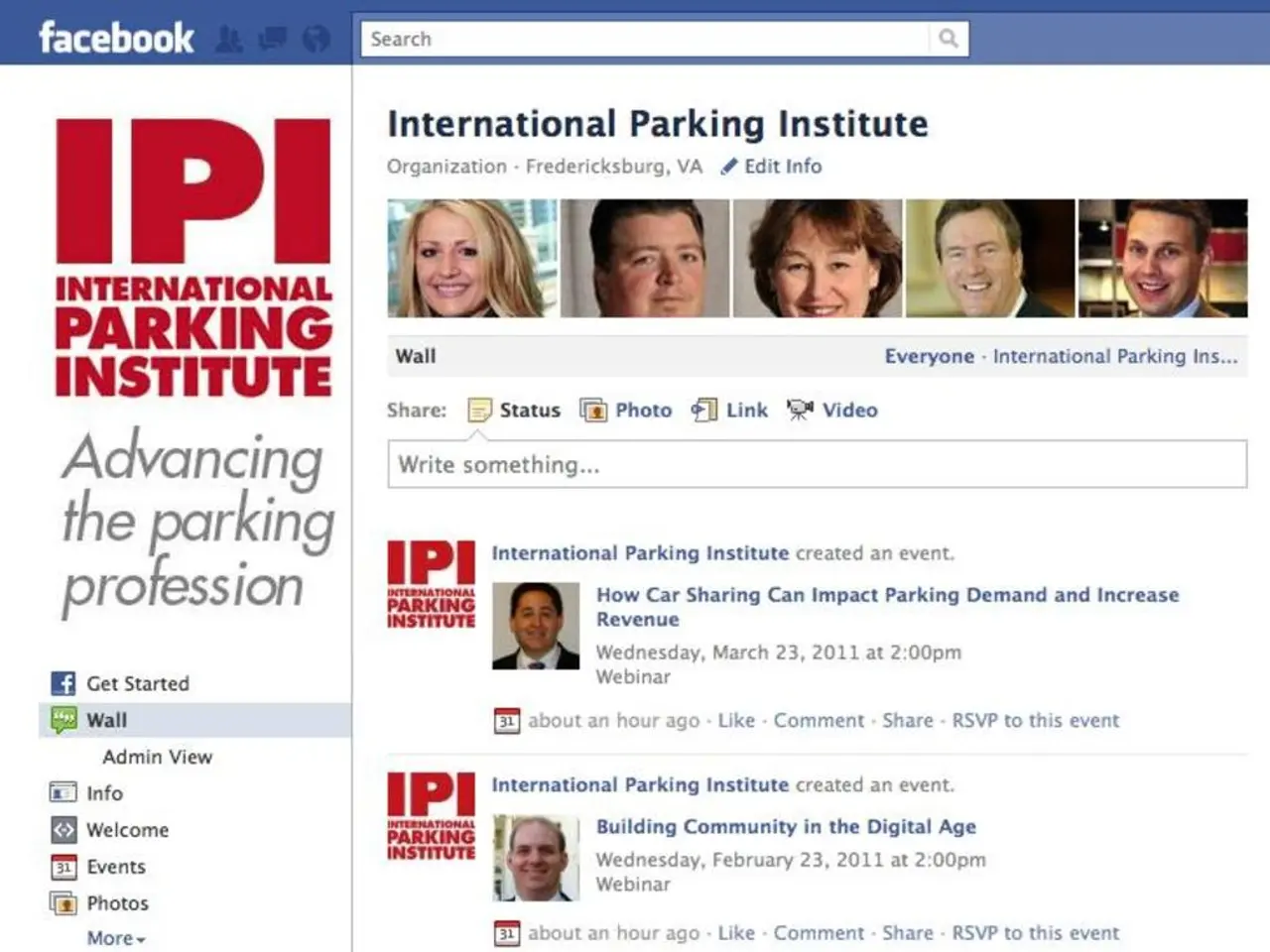Struggling Student Loans - KfW Proposes Solutions at Zero Interest Rate - Decline in student loans numbers – KfW's zero-offer on student loans
In a recent report by Handelsblatt, it has been revealed that the number of student loan contracts offered by KfW, the state-owned provider, has significantly decreased over the past decade. The decrease has been so substantial that the student loan offer is now approaching what is being referred to as the "zero point."
According to Ulrich Müller, a member of the management team at the CHE Centre for University Development based in Düsseldorf, this trend could leave many students without the necessary financial support to continue their studies. The potential consequences of this situation could include students being forced to take on additional jobs, extending the duration of their studies, or even dropping out altogether.
The decline in student loan agreements can primarily be attributed to KfW's strategic shift and market dynamics. As conditions for students have evolved, alternative financing options such as scholarships, grants, or family support might have reduced the reliance on KfW student loans. Additionally, KfW may be reorienting its focus towards other forms of financing or sectors, such as cofinancing major infrastructure or climate-related projects.
While the exact reasons for the decrease are not explicitly detailed, it is clear that KfW is increasingly focusing on larger development financing initiatives and may be deliberately scaling back student loan programs as part of a broader strategic realignment.
The federal government, in its coalition agreement, has expressed a desire to promote fair loan conditions and provide a product with interest rate fixing. However, concrete implementation plans for these fair loan conditions are not yet known. An inquiry to the Federal Ministry of Education and Research regarding these plans remained unanswered, according to the report.
With many students potentially left without student loans, private providers have stepped in to partially fill the gap. However, the unattractive conditions, particularly the current interest rate of 6.3 percent, are cited as the main reason for the decrease in student loan contracts.
As the situation continues to develop, it is recommended that those seeking deeper insight into the specific causes behind the student loan decrease and the "zero point" phenomenon examine KfW's recent strategic communications or government policy changes regarding student funding. It is crucial to ensure that students have access to the financial support they need to pursue their education and secure a brighter future.
In the light of the declining student loan offers from KfW, private providers are partially filling the gap, but the high-interest rate of 6.3% is a major deterrent. To address this issue and ensure affordable education, there's a need for examination of KfW's recent strategic communications or government policy changes regarding student funding, focusing on community aid, vocational training, and education-and-self-development, as well as exploring alternative financing options in business.




